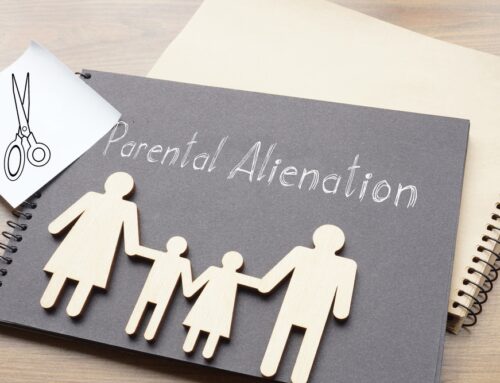Divorce is often an emotional and difficult process, and those feelings can be heightened when concerns about money are involved. It’s often a fractious topic, but fortunately the law sets out clearly what is expected in monetary terms when a couple divorces. Here is your guide to spousal maintenance and clean breaks…
What Is A Clean Break?
Clean breaks are the preferred outcome for courts in the majority of divorces. It essentially means that both parties cut financial ties as soon as possible after the divorce. In some cases, this might involve the payment of a lump sum to the financially weaker party – for example, when a property is sold. The result of this is that the two parties are no longer joined financially.
What Is Spousal Maintenance?
In cases where a clean break is not possible, spousal maintenance may be paid. This is a regular payment from one party to the other, the terms of which will change on a case by case basis.
Spousal maintenance is only paid where one party can’t support themselves financially without it. The amount will vary, depending on how much the financially weaker person needs to live on, and how much income they already have.
Spousal maintenance can be paid on the breakdown of a marriage or a civil partnership.
How Long Is Spousal Maintenance Paid For?
The length of time that spousal maintenance is paid for will also vary. If the marriage or civil partnership was short, it may well only be paid for a short amount of time – this is called a term order.
Spousal maintenance payments will stop when:
- The payment term ends
- Either party dies
- The recipient gets married again or enters another civil partnership
Who Decides How Much Will Be Paid?
In some cases, couples reach an informal agreement about spousal maintenance. However, it’s important to note that without a court order, any agreement will not be legally binding.
Otherwise, the courts can decide whether or not spousal maintenance should be paid. They will decide the amount and terms of any payments, and how any assets such as property should be split.
Where To Go For Help
Spousal maintenance is a complex area of law, and it can be worrying – whether you think that you may need to pay it, or you think you should receive it. In both instances, the court will be concerned with fairness and want to ensure that you can both support yourselves with the finances you are left with.
If you would like help, assistance, or simply to discuss your concerns, our Family Law Team is here for you. We are experts in all areas of family law, and will be able to act for you in court, advise you about the law, and be a listening ear to support you at a difficult time. You can contact us today.




